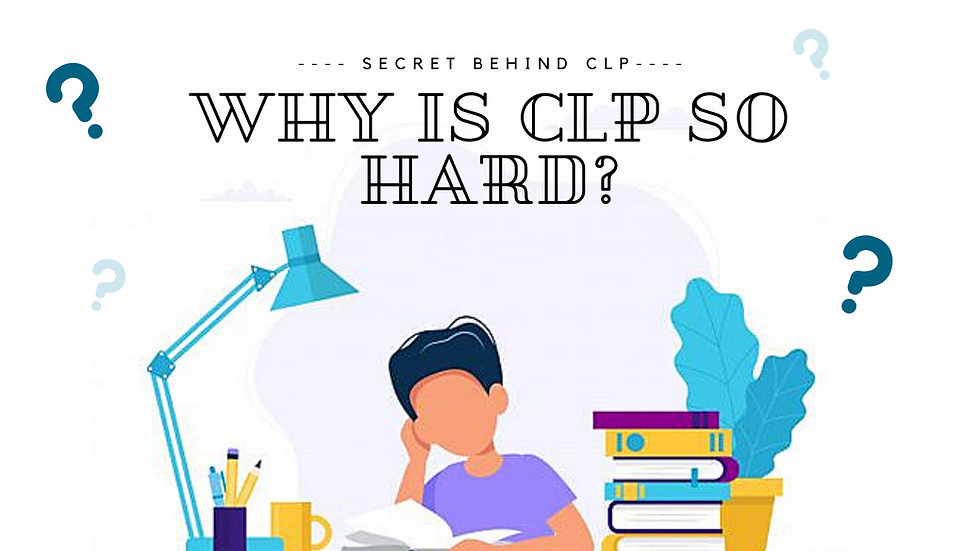Parlimen Digital: Leaders of Tomorrow
- Tay Khye Vern
- Aug 11, 2020
- 3 min read
The COVID-19 virus has been an unprecedented ordeal that has swept the globe. The
resulting pandemic has disrupted much of our normal lives, and the severity of the current situation has made it difficult to conduct even important affairs, an example being Malaysia’s
Parliamentary sitting delayed.
Nevertheless, with every crisis, comes the opportunity for innovation. With the main
objective of proving that there are ways to uphold the democratic principle in a safe manner,
three youth organisations hosted the first youth-led digital parliament in Malaysia. A total of
222 Malaysian youths came together to discuss policies on the nation’s economy and the
education system which are necessary with the ongoing COVID-19 pandemic. With much
planning and effort put into it, this event was streamed live on Facebook for all to see and
went off without a hitch.
One of our very own Taylor’s Law students, Muhammad Shakir, had the opportunity to
participate in this once-in-a-lifetime event. Read on to learn his unique experience.

What exactly is Parlimen Digital (PD)?
Parlimen Digital (PD) is a mock parliament sitting carried out via a Microsoft Teams
meeting. It was organised by Undi 18, Liga Rakyat Demokratik and Challenger - Change Led
by the Young Generation to expose the youth in general on parliamentary procedures and
debates.
How did you find out about it?
It was advertised on Undi18’s Twitter page which I follow.
What made you interested to participate in it?
I have always had interest in policy and law-making. I was interested to see how a parliament
sitting can be carried out efficiently online.
What did you do as a participant?
I had to first submit a proposal for a motion to be tabled when filling up the application form. The 10 motions were shortlisted but only two will be chosen to be tabled. I then had to
submit a draft script on at least one of the motions. 50 speakers were selected to speak for the debates, and I was fortunately chosen to be one of 25 people to speak for the motion
regarding the economy. On the debate day itself, I had to present my speech through MS
Teams and answer a couple of questions from the floor.
How would you say it compares to real-life parliamentary hearings?
It is a very simplified and toned-down version of the real thing. The participants (especially
speakers) were non-partisan which made the debate very straight-forward. In real life, even
when you disagree on the motion, you would have to toe the party line. The procedures were also very simplified, without interruptions allowed when one has the floor.
Would you say the experience as a whole went smoothly? (For e.g., did you feel you were properly given time/listened to? Was everyone respectful to one another? And any other good things you would like to share)
For me personally, the event did go on smoothly as planned. There were minor technical
hiccups at the start, but it was rectified promptly.
Yes, everyone was respectful to one another but in debates, there are always disagreements. It was good to see that everyone came in with facts and figures to support what they believe in.
One of the good things I like about PD is that they tried to be all-inclusive. Participants were
asked to be a representative of their own constituencies, unlike real-life where politicians run
for seats far away from where they are originally from. PD also had a good share of women
representative (which is clearly lacking in the actual parliament) and a representative from
the disabled community. It was very interesting to listen to their stories. Even though we live
in the same country, different people in different areas go through different things and it was
definitely an eye-opening experience.
How would you entice people to go and (re)watch it (I'm assuming it's still on Facebook videos?)
Shameless plug: check me out at 1:36:33
Do you think any practical impacts might arise from Parlimen Digital?
Until and unless PD becomes a registered organisation, I believe the impact will be minimal.
I don’t know what the future plans are, but it would be too wasteful for PD to be a one-off
event. There are many bright minds with brilliant ideas in PD which a registered and
organised organisation like PD can leverage on. I think most importantly, PD has gained
traction especially among the youth to show that politics, policy-making and law-making is
for everyone - not just the old, the rich, and certainly not just for the elite. I believe it is a
good platform to educate the youth on political awareness, and it is even more important now more so than ever as the voting age has been reduced to 18, meaning more youth will be politically involved in the next general election.



Comments